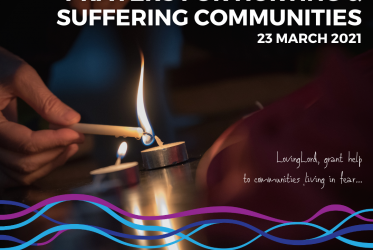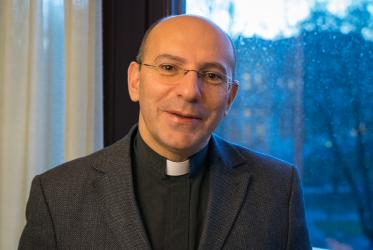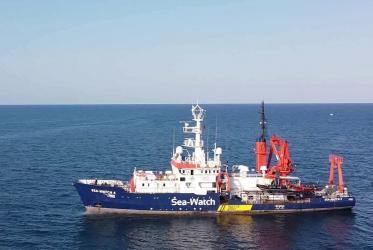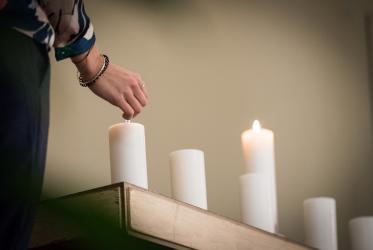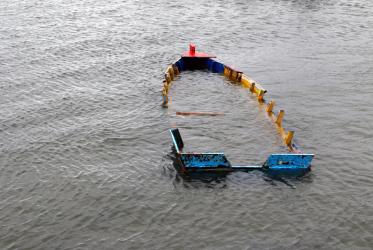Displaying 121 - 140 of 352
13 - 15 September 2021
Berlin and worldwide, 9-17:00 each day, CEST Timezone
WCC offers prayer during Japanese peace conference
11 March 2021
Rethinking Ecological Relationships in the Anthropocene era
11 - 13 February 2021
A hopeful, but not optimistic Palestinian ecumenist
09 December 2020
Cooler Earth - Higher Benefits
Actions by those who care about children, climate and finance.
20 November 2020
Meet Sea-Watch 4: vessel of hope, instrument of peace
12 August 2020
Freedom of religion rooted in justice
06 March 2020
Plans for 11th WCC Assembly build excitement across the globe
18 February 2020
WCC general secretary: “Love opens the way to change”
13 February 2020

